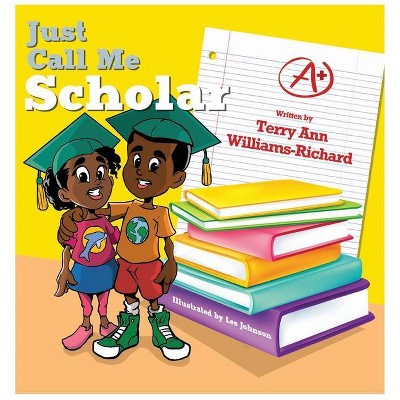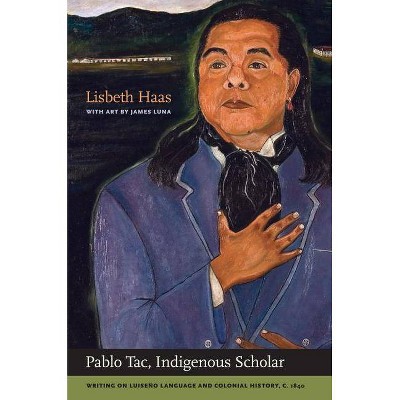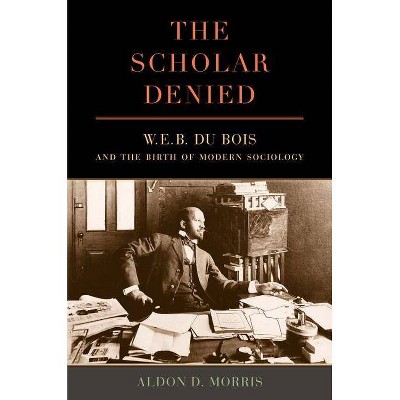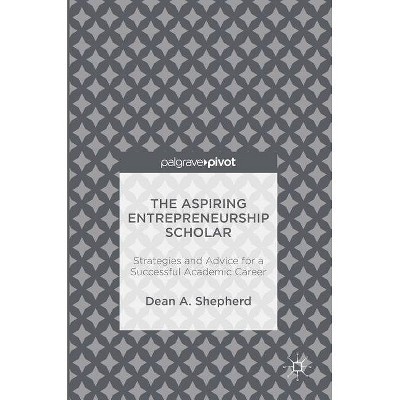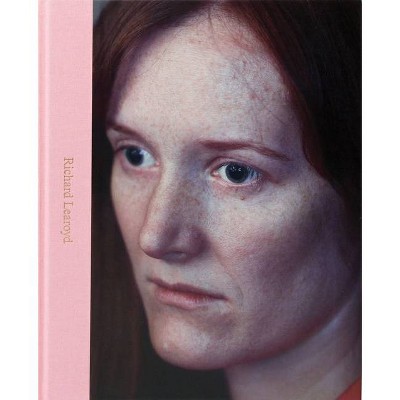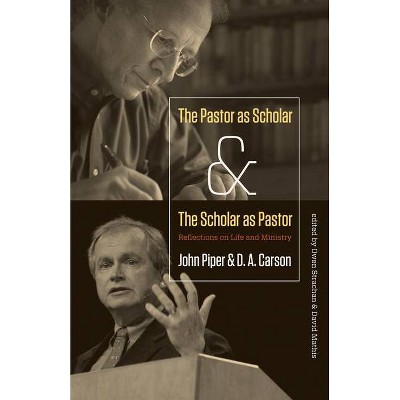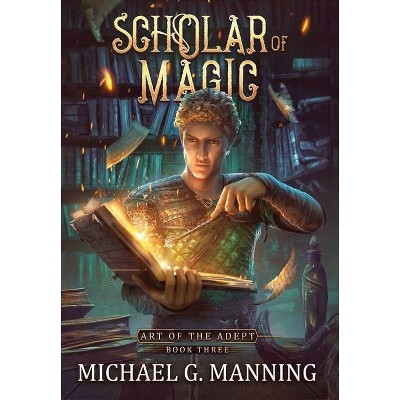Émigrés - by Richard Scholar (Hardcover)
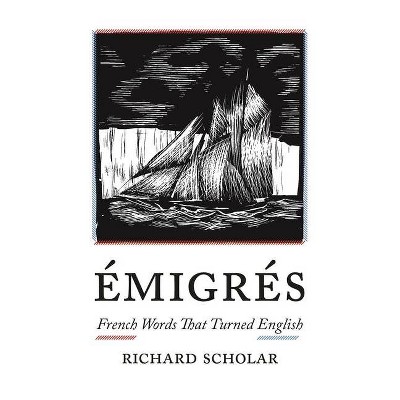
Similar Products
Products of same category from the store
AllProduct info
<p/><br></br><p><b> About the Book </b></p></br></br>"This is a study of French words and phrases which, untranslated, have entered the English lexicon. Historians calculate that English, since 1500, has borrowed more words from French than from any other modern foreign language. While it has naturalized many of these words, some have visibly retained their foreign roots, leading varied lives in the English-speaking world while eluding translation and resisting integration. Carrying traces of their French roots in the challenges of spelling and pronunciation they pose to native users of English, often set in italic type to distinguish them from the English surrounding them, they are, so to speak, âemigrâes: French foreigners in our midst. It was primarily in the 1660s that a cluster of phrases and terms with French roots - áa- la-mode, ennui, naèivetâe, caprice -came to prominence in English as Restoration England was Frenchified by Charles II and his court. More often than not these foreign words have been enthusiastically adopted by English users, as if they lent the language a certain je-ne- sais-quoi that would otherwise elude English expression and leave it tantalisingly incomplete, though occasionally the adoption of these words has met with fear and hostility, in a reflection of the ambivalent reception that has so often awaited the foreigners who count these words as part of their native language. Richard Scholar asks several interesting questions: What uses do French foreign words serve in English? To what extent have these uses changed the meanings of the words in French language and culture? And what does the study of these words reveal of the broader relations between neighbouring languages, cultures, and societies? In addressing these questions the author explores what meanings and associations these words have brought with them from the French tradition, and he places their emergence in English within the wider context of early modern social and cultural attitudes towards foreign cultures, their mediators, and the fashion for all things French"--<p/><br></br><p><b> Book Synopsis </b></p></br></br><p><b>The fascinating history of French words that have entered the English language and the fertile but fraught relationship between English- and French-speaking cultures across the world</b> <p/>English has borrowed more words from French than from any other modern foreign language. French words and phrases--such as <i>à la mode</i>, <i>ennui</i>, <i>naïveté</i> and <i>caprice</i>--lend English a certain <i>je-ne-sais-quoi</i> that would otherwise elude the language. Richard Scholar examines the continuing history of untranslated French words in English and asks what these words reveal about the fertile but fraught relationship that England and France have long shared and that now entangles English- and French-speaking cultures all over the world. <p/><i>Émigrés</i> demonstrates that French borrowings have, over the centuries, "turned" English in more ways than one. From the seventeenth-century polymath John Evelyn's complaint that English lacks "words that do so fully express" the French <i>ennui </i>and <i>naïveté</i>, to George W. Bush's purported claim that "the French don't have a word for entrepreneur," this unique history of English argues that French words have offered more than the mere seasoning of the occasional <i>mot juste</i>. They have established themselves as "creolizing keywords" that both connect English speakers to--and separate them from--French. Moving from the realms of opera to ice cream, the book shows how migrant French words are never the same again for having ventured abroad, and how they complete English by reminding us that it is fundamentally incomplete. <p/>At a moment of resurgent nationalism in the English-speaking world, <i>Émigrés </i>invites native Anglophone readers to consider how much we owe the French language and why so many of us remain ambivalent about the migrants in our midst.</p><p/><br></br><p><b> Review Quotes </b></p></br></br><br><i>Émigrés . . . </i>takes an approach informed by both French and English literature, and sets its findings in a cultural context which is wider still. This is pleasing, as the historical study of language perishes in a vacuum. . . . [A] humane and humanistic book.<b>---Anthony Grant, <i>French Studies</i></b><br><br>The 'émigrés' of this engaging book . . . occupy an uneasy centre ground between donor and borrower language, being neither French nor fully integrated into English. This ambiguity, Richard Scholar argues, reflects a long-standing ambivalence in English cultural attitudes to things French, ranging from fascination to disdain. . . . The book takes us on an eclectic journey from Restoration comedy to Winnie-the-Pooh's companion Eeyore, John Le Carré and the Oscar-winning <i>Little Miss Sunshine</i>.<b>---David Hornsby, <i>Modern Language Review</i></b><br><br>[A] lively and always entertaining book. . . . Although Professor Scholar clearly has a wealth of learning at his fingertips, enjoyment of <i>Émigrés</i> need not be limited to academic readers. The book will be readily understood by academic and non-specialist readers alike. . . . The habit of using émigré words is infectious: for his sang-froid, savoir faire, and bonhomie in guiding us on this voyage through the complexities of our national love-hate relationship with French--and the French--we are all indebted to Richard Scholar.<b>---Annette Tomarken, <i>H-France Review</i></b><br><br>Who needs ennui when we have old-fashioned boredom? . . . Scholar's émigrés often manage to be posh and phoney at the same time, while still carrying a kind of precision it would be hard to find without them. . . . [In <i>Émigrés</i>] words have historical lives and tell us stories we may not know how to hear.<b>---Michael Wood, <i>London Review of Books</i></b><br><br>Like the émigré lexical items themselves, <i>Emigrés</i> crackles with hidden energy and is worth serious study.-- "Choice Reviews"<br><br>The <i>émigrés</i> that Scholar highlights--<i>à la mode</i>, <i>galanterie</i>, <i>naïveté</i>, <i>ennui</i>, and <i>caprice</i>--don't assimilate and, in this act of resistance, reveal new ways of being.<b>---Meghan K. McGinley, <i>AmeriQuests</i></b><br><br>This thoughtful summation of how much English owes to French, and other languages, has a certain je-ne-sais-quoi and cultural relevance.<b>---David Caddy, <i>Tears in the Fence</i></b><br><br>Scholar . . . reflects thoughtfully and sometimes surprisingly on the use of French words in English. . . . Given the current interest in immigration, Scholar's book on immigrant words is erudite, witty, and surprisingly timely.-- "Publishers Weekly"<br><br>A well-researched, convincing account of how our language has welcomed foreign words--but not always their native speakers.-- "Kirkus Reviews"<br><p/><br></br><p><b> About the Author </b></p></br></br><b>Richard Scholar </b>is Professor of French at Durham University. His books include <i>The </i>Je-Ne-Sais-Quoi<i> in Early Modern Europe</i><i>: Encounters with a Certain Something</i> and<i> Montaigne and the Art of Free-Thinking</i>.
Price History
Cheapest price in the interval: 18.89 on November 8, 2021
Most expensive price in the interval: 25.49 on October 22, 2021
Price Archive shows prices from various stores, lets you see history and find the cheapest. There is no actual sale on the website. For all support, inquiry and suggestion messages communication@pricearchive.us
